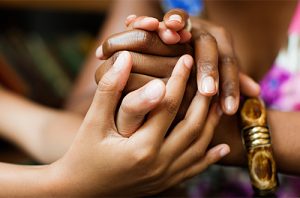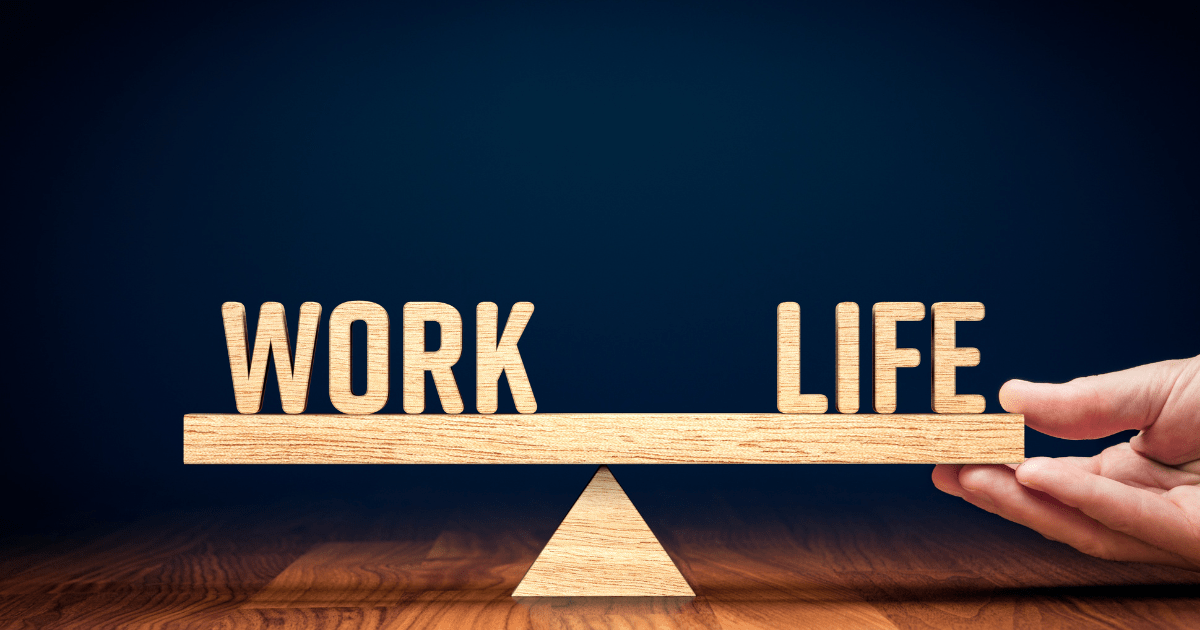
South African women, like women in many other African countries, suffer from higher unemployment rates than men.
In response to this harsh statistic, Tracey Chambers and Tracy Gilmore (pictured above with Zoliswa Booi, one of the beneficiaries) co-founded The Clothing Bank in the Western Cape to help unemployed and disadvantaged women start their businesses and become entrepreneurs.
Chambers who is the organisation’s Chief Executive Officer and Gilmore, its Chief Operating Officer, recruit hundreds of women every year and help them start their projects. The Clothing Bank collects excess clothing from retailers, the collected clothing is then debranded, repaired and remodelled, if necessary by the women.
Within six weeks of starting the course, the women, some of whom are mothers, can open up their businesses. Through enterprise development, these women become financially empowered and socially independent, which is the main objective of the organisation.
Chambers and Gilmore hope to add to their two existing branches in Western Cape with another satellite branch opening in Kleinmond this year. There are also plans to spread to the Gauteng and KwaZulu Natal provinces this year and other provinces in 2015.
Training future entrepreneurs
Nonceba Masina, who is currently training at The Clothing Bank, has high hopes for her future once she graduates, “I will continue selling clothes because that is my first love. This is what I enjoy doing and I still want to grow further in the business industry”.
Masina says that the training she has received has made her independent and has also boosted her self-confidence. “Now I know how to sell my business, I know how to manage my finances. I have gained experience” she adds.
Also training with the organisation is Abdia Hassan who says the skills offered have made her realise her potential as she is now able to pay school fees and fend for her children.
The programme, she says, has made her more “independent and responsible”.


